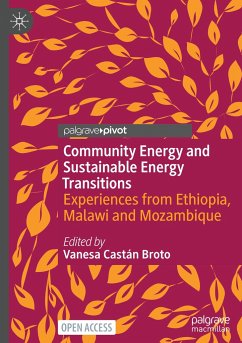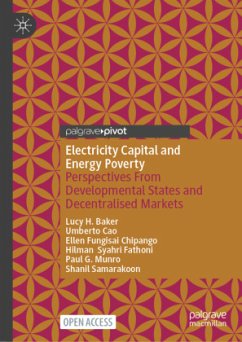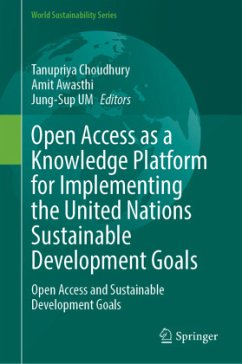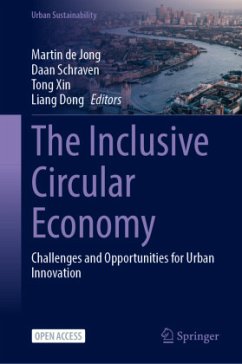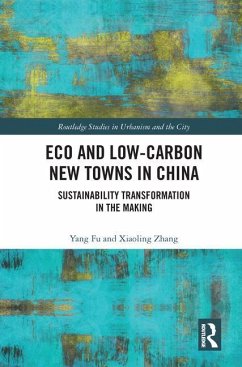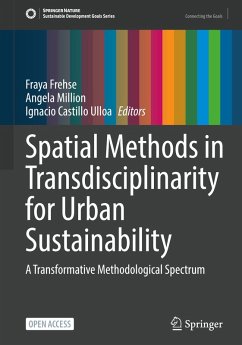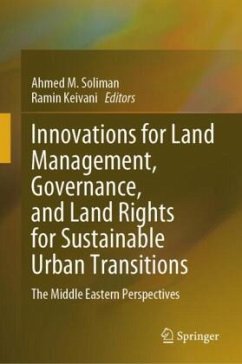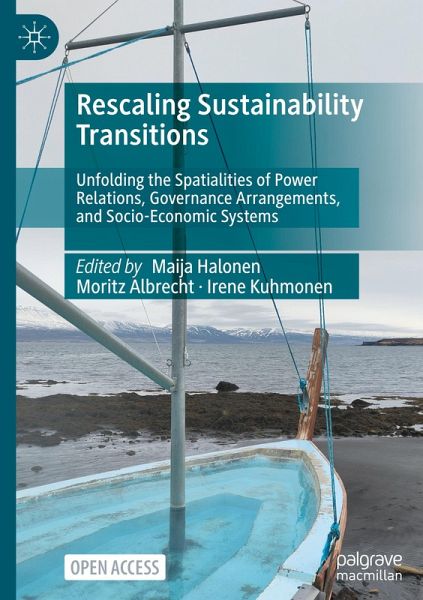
Rescaling Sustainability Transitions
Unfolding the Spatialities of Power Relations, Governance Arrangements, and Socio-Economic Systems
Herausgegeben: Halonen, Maija; Albrecht, Moritz; Kuhmonen, Irene
Versandkostenfrei!
Versandfertig in 6-10 Tagen
38,99 €
inkl. MwSt.

PAYBACK Punkte
19 °P sammeln!
This Open Access book explores sustainability transitions with a focus on their influence on the relationships between cores and peripheries, the rural and the urban, and the large and the small-scale. The societal changes induced by sustainability transitions are expected to assemble as a variegated and heterogeneous process reproduced by different spatial contexts and scales. Hence, the practical solutions and impacts of processes framed as sustainability transitions are expected to vary between different localities in terms of their natural, material, or human resources, the heritage of the...
This Open Access book explores sustainability transitions with a focus on their influence on the relationships between cores and peripheries, the rural and the urban, and the large and the small-scale. The societal changes induced by sustainability transitions are expected to assemble as a variegated and heterogeneous process reproduced by different spatial contexts and scales. Hence, the practical solutions and impacts of processes framed as sustainability transitions are expected to vary between different localities in terms of their natural, material, or human resources, the heritage of the development, their power and market relations, virtual and physical connections as well as shifting individual rationalities - within and across certain socio-economic spaces. To highlight these socio-spatial processes, their alignments, frictions and contradictions for sustainability transitions, this book and its contributions call for an increased engagement in the scalar aspects of sustainability transitions and their governance. The authors argue that rescaling follows from two observations on the extant literature concerning sustainability transitions. Firstly there is a call for a stronger engagement of sustainability transitions research with questions of place and relocalization practices, their embedded power relations, but also questions on small-scale trajectories for the territorial and economic materializations in terms of production and market reach as an alternative to the large-scale dominance of resource exploitation and use. Secondly there is a call for increased attention to the relational processes and ontological framing that reproduce mobilities and scalar shifts in governance arrangements.






